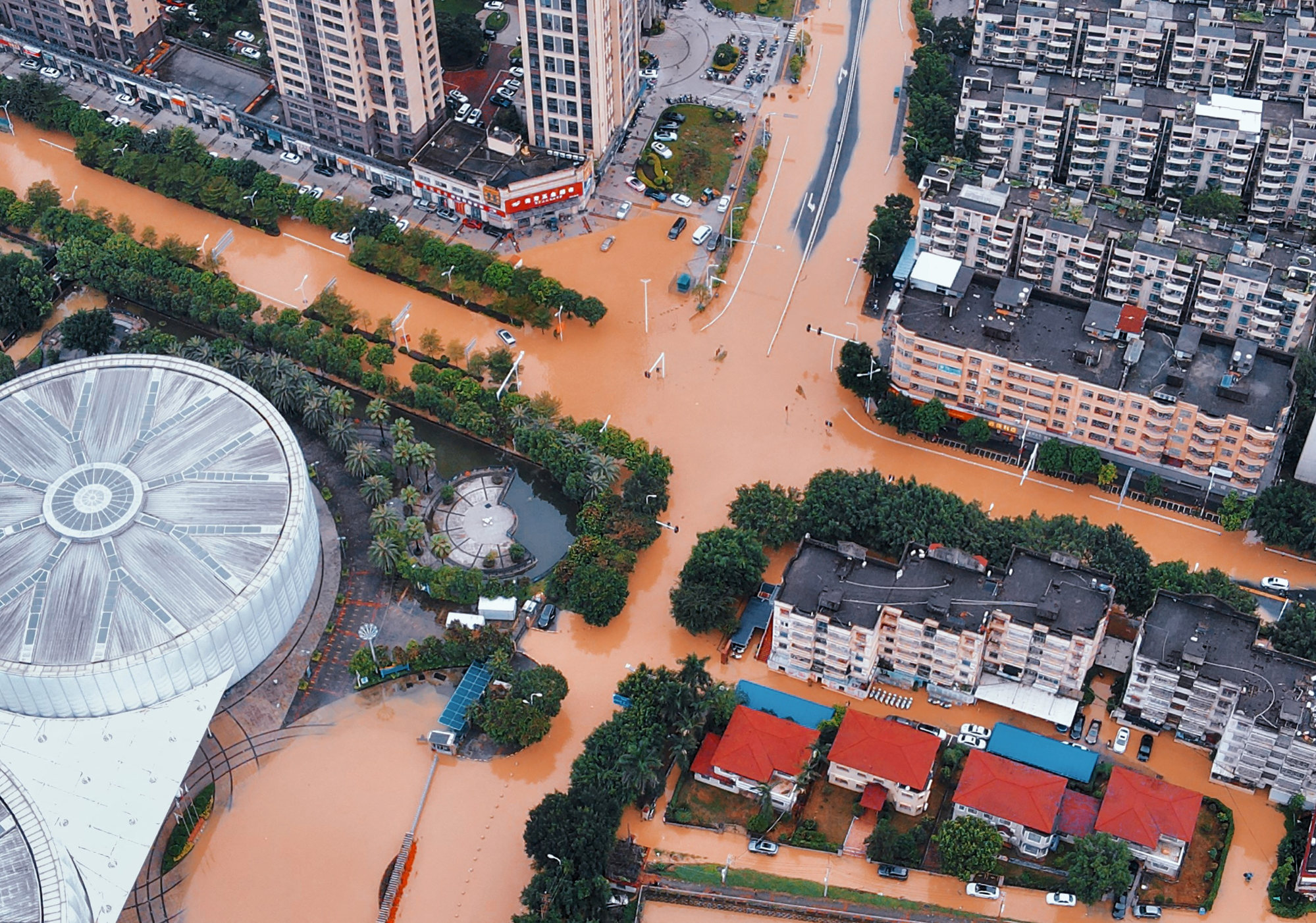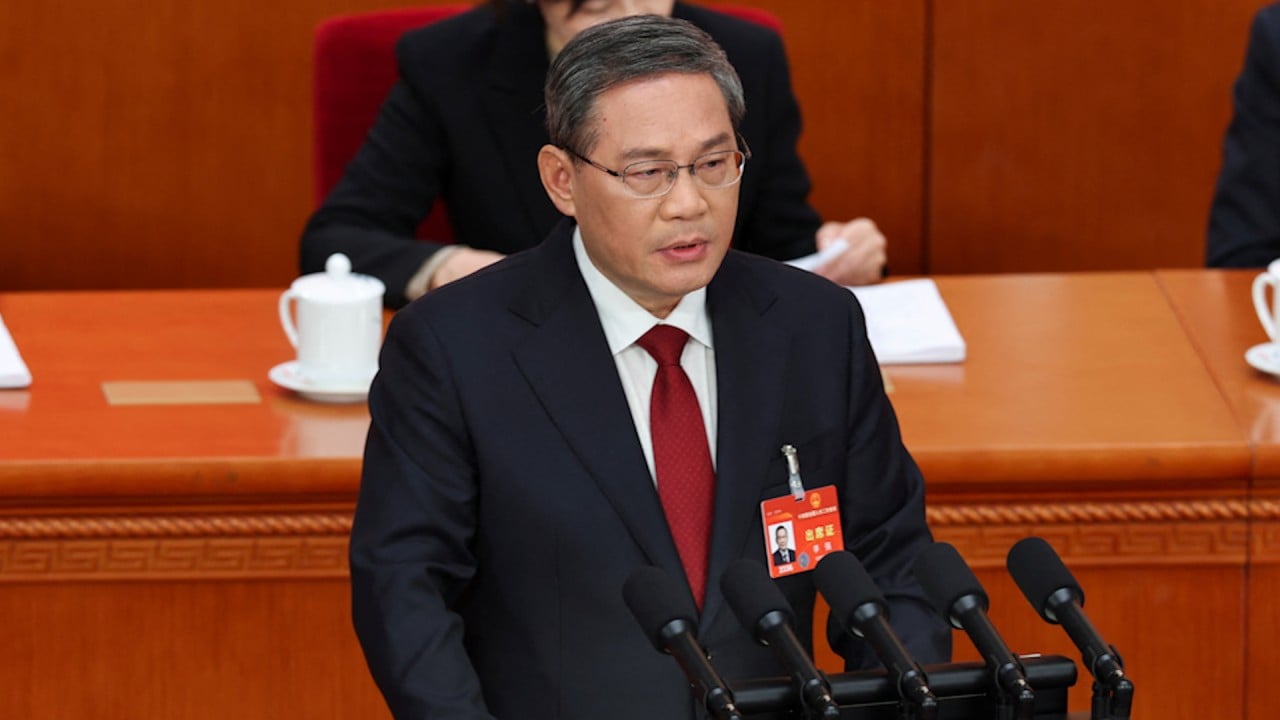
Chinese scientist calls for more access to non-sensitive data like weather information
- Researchers encounter ‘a lot of difficulties’ getting hold of public data in China, according to maths and statistics professor Chen Songxi
- He says more data sharing is needed, especially in areas where research is based on foreign datasets such as geoscience and public health
A leading Chinese academic has called for more access to non-sensitive scientific data such as meteorological information to support research and development.
Scientists encounter “a lot of difficulties” trying to get hold of public data in China, according to Chen Songxi, a maths and statistics professor at Peking University and academician with the Chinese Academy of Sciences.

Chen said while Chinese researchers could download some real-time public data from websites, they usually could not get access to historical data.
“Public offices [in China] could take the lead to share more [non-sensitive] public data,” he said.
“That sharing is needed to improve our self-reliance on scientific data, especially in areas where most research is based on foreign datasets such as geoscience and public health.”
Chen said many Chinese researchers relied on datasets from elsewhere, such as the European Centre for Medium-Range Weather Forecasts (ECMWF), an independent intergovernmental organisation, and Nasa, which also hold Chinese data.
“If our access to this data is denied, we won’t be able to train large models,” he said.
Large language models, or LLMs, are a type of artificial intelligence program that can recognise and generate text, among other tasks. They are trained on huge sets of data and built on machine learning.
Chen said he had submitted proposals to the political advisory body – the Chinese People’s Political Consultative Conference – calling for public data to be opened up and for China to build its own datasets in areas such as the air, oceans, atmospheric environment and the Earth’s surface.
One of the NDA’s key missions is to integrate the massive data resources owned by various entities in China. Several ministries and more than a dozen local governments have their own data centres or bureaus to which outsiders have limited access because of security concerns.
Chen said a system was needed to rate public data so that it can be opened up in an “orderly” way – rating whether the information is sensitive and concerns the country’s core interests, or if it is something non-sensitive such as meteorological data.
Li also said “basic systems” would be improved to facilitate innovation and develop “new quality productive forces”, referring to sectors that depend on advances in science and technology – from new-energy vehicles to biomanufacturing and commercial space flight.

.JPG?itok=zUDwoZRB&v=1701240446)

